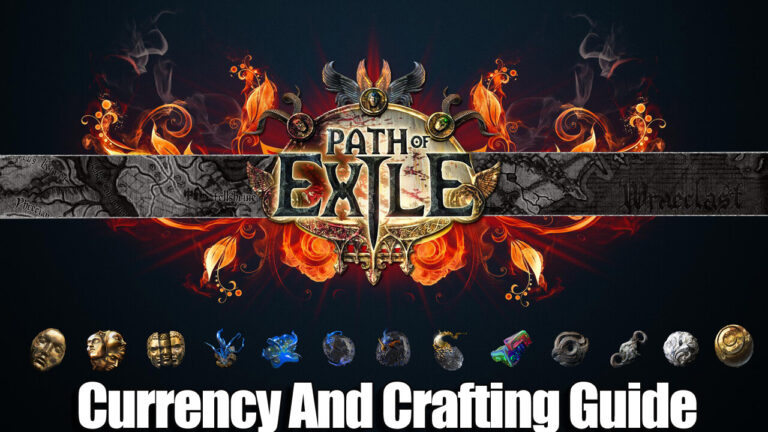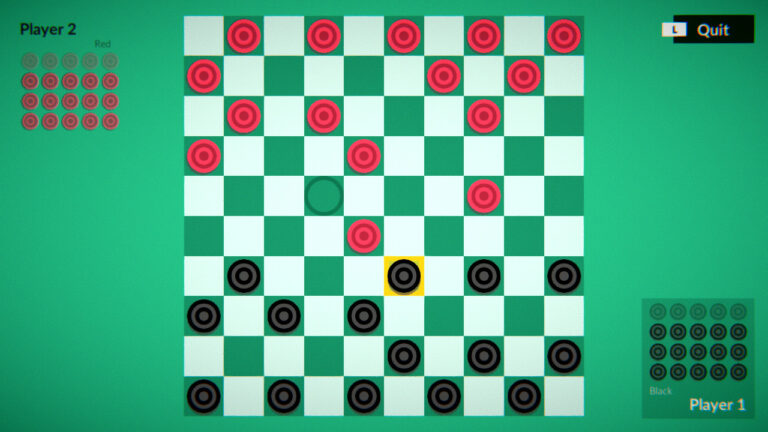Path of Exile (PoE) stands as a towering example in the online action RPG genre, captivating players with its intricate systems and deep gameplay. At the heart of PoE’s appeal is its economy, driven by a unique currency system that’s both a tool for progression and a measure of success.
In PoE, currency isn’t just about wealth; it’s a fundamental part of the game’s mechanics, used for crafting, trading, and enhancing gear. As we step into 2024, PoE continues to evolve, presenting both challenges and opportunities in currency acquisition. This dynamic nature of the game necessitates a continual update of strategies and techniques for making currency.
1. Understand the PoE Economy

In the world of Path of Exile, the economy operates on a barter system, eschewing a traditional single currency model. This economy is powered by various forms of ‘orbs’ that serve multiple functions – from enhancing gear to rerolling stats. Understanding this multifaceted system is foundational for any player looking to thrive.
Different orbs have varying levels of rarity and utility, influencing their value in the player-driven market. As trends in the economy shift, so does the value of these currencies. Successful players keep a vigilant eye on these trends, understanding that knowledge of the market is as valuable as the currency itself.
2. Mastering Loot Filters
In the vast and complex world of Path of Exile, loot filters are not just a convenience; they are a necessity. With the sheer volume of items dropped during gameplay, identifying valuable loot can be overwhelming. Loot filters streamline this process by highlighting items of value and filtering out less useful ones.
They are customizable tools that can be tailored to a player’s specific needs and goals. Whether focusing on maximizing PoE currency, an option you can find here, hunting for specific item types, or gearing up, a well-tuned loot filter can save time and increase efficiency. Popular loot filters are updated regularly to adapt to the game’s changing economy and item meta, making them indispensable for players looking to maximize their currency gains.
3. Efficient Map Farming
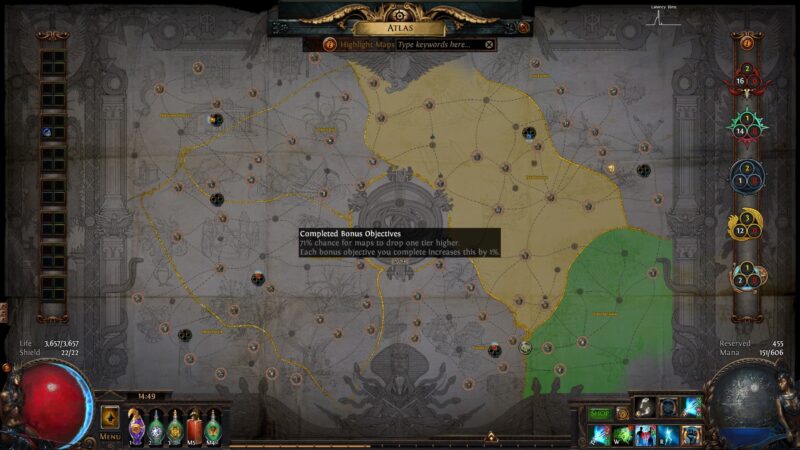
Map farming is a cornerstone of late-game content in Path of Exile, offering players the opportunity to reap rich rewards. The key to effective map farming lies in selecting the right maps and applying strategic modifiers. Each map has a unique layout and potential loot table, influencing the efficiency of farming.
Players should focus on maps that align with their strengths and offer good returns in terms of loot. Additionally, using map modifiers, obtained through orbs, can significantly enhance the quantity and quality of drops. However, these modifiers also increase the difficulty of the maps, presenting a risk-reward scenario that players must navigate. Balancing these aspects requires both knowledge and experience.
4. Crafting and Flipping
Crafting in Path of Exile is an intricate and potentially lucrative aspect of the game’s economy. Players can use various currency items to craft or modify their gear, creating items with high value either for personal use or for trade. Successful crafting often involves a deep understanding of the game’s mechanics and market demands.
Knowing which item affixes are sought after and how to efficiently achieve them can turn crafting into a significant source of income. This strategy requires a keen eye for market trends and the ability to predict future shifts in the economy. Players engaging in flipping must stay well-informed about the current state of the game, including popular builds and sought-after items.
5. Divination Cards
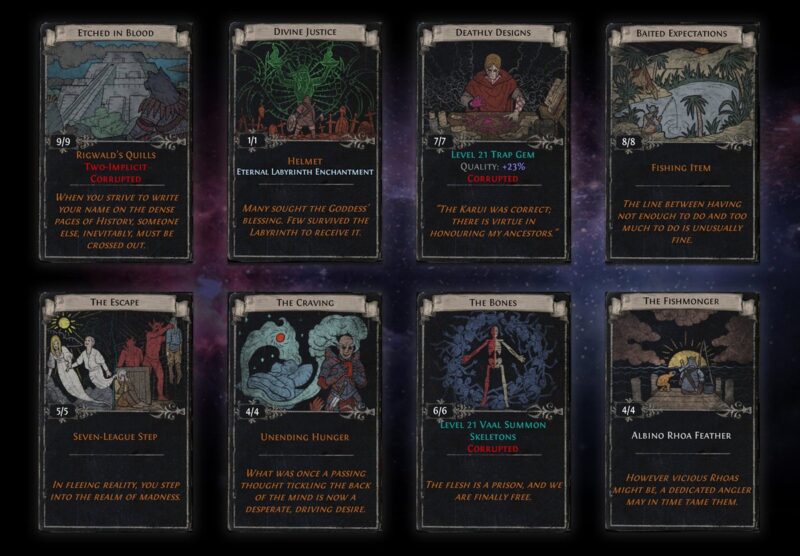
Divination cards are a unique feature in Path of Exile, offering players a way to obtain specific items. Collecting a set of a particular card and trading it in can yield valuable rewards, including rare items and currency.
Some cards are worth more due to the rarity of their rewards or the difficulty in obtaining them. Players can either farm these cards themselves or trade for them with other players. Trading divination cards requires understanding their current market value and predicting how it might change.
6. Trade Mechanics
Trading with other players is a fundamental aspect of earning currency in Path of Exile. The game’s economy is largely player-driven, meaning that understanding how to trade effectively is crucial. Successful trading involves more than just knowing the value of items; it also requires negotiation skills and the ability to spot good deals.
Utilizing trade platforms and in-game trade channels can help players find potential trading partners. When trading, it’s important to be aware of the current market values of items to avoid being scammed. Players should also be mindful of supply and demand dynamics, as these can greatly affect item values.
7. Syndicate Operations
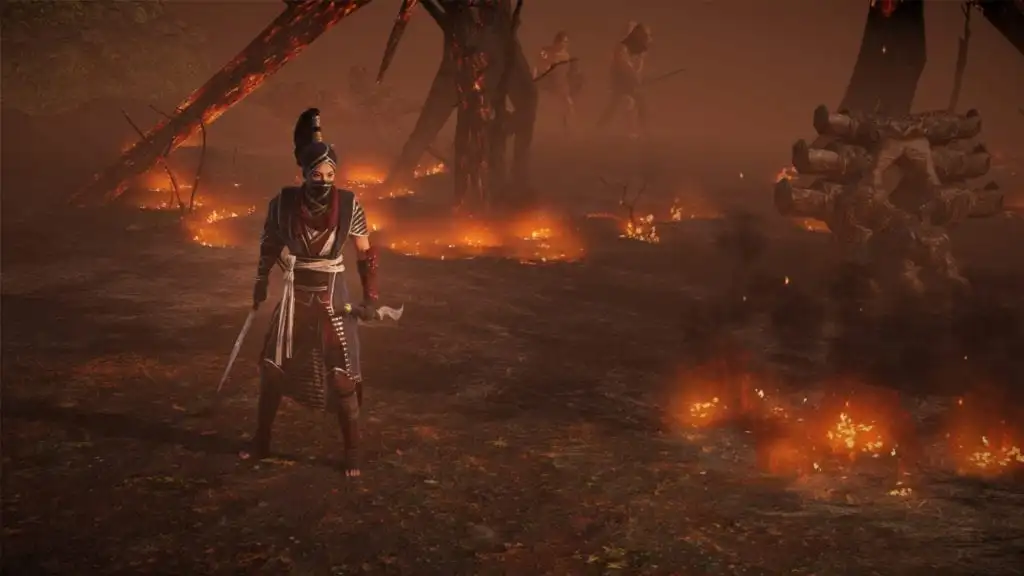
The Syndicate mechanic in Path of Exile offers unique opportunities for currency gains. Players can manipulate Syndicate members to access different types of rewards, including currency.
Understanding how to effectively manage these Syndicate operations can lead to substantial profits. Each Syndicate member offers different types of loot, and positioning them correctly in the Syndicate hierarchy can maximize earnings. Syndicate operations require strategic thinking and a good grasp of the rewards each member can offer.
8. Incursion Temple Runs
The Incursion Temple in Path of Exile is a time-traveling adventure with lucrative rewards. Players have the opportunity to modify and upgrade the temple during incursions, influencing the rewards they can obtain during the final temple run.
Maximizing currency gains from the Incursion Temple involves understanding which rooms to upgrade and how to navigate the temple effectively. Certain rooms offer more valuable rewards than others, and choosing the right ones to upgrade can make a significant difference.
9. Delve for Profits

Delving in Path of Exile offers a unique and potentially profitable way to earn currency. The Delve mines are filled with rare materials, fossils, and resonators that can be quite valuable. Understanding how to navigate the mines, managing resources like Sulphite, and targeting lucrative areas are key to making the most out of Delve runs.
Certain depths and biomes offer different types of rewards, and players need to know where to look for the items they’re after. Delving also requires balancing the risk of going deeper for better rewards with the player’s ability to survive in harsh environments.
10. Metamorph League
The Metamorph League in Path of Exile introduces a unique mechanic where players can build their own bosses to fight for rewards. Engaging effectively with this league’s mechanics can be a potent way to farm currency. Players can collect samples from defeated monsters to create a Metamorph boss, with the rewards depending on the samples used.
Targeting specific types of samples can yield more valuable loot. The key is to understand which combinations offer the best rewards while still being manageable to defeat. The Metamorph league also adds new items and crafting options, providing additional opportunities for making currency.
Conclusion
In Path of Exile, mastering the art of making currency involves a blend of knowledge, strategy, and adaptability. The ten tips and farming strategies outlined here provide a roadmap for success in PoE’s dynamic economy.
From efficient map farming to engaging with league-specific mechanics, each approach offers unique opportunities for currency gains. As the game continues to evolve, staying informed and adaptable is crucial. Embrace these strategies, experiment, and find the ones that best suit your playstyle.
Related Posts:
- The Most Efficient Gold Farm in WoW - Strategies for…
- How to Naturally Increase Fertility: Top Tips and Strategies
- Grow Your Brand: Digital Marketing Strategies to…
- Social Media Management Strategies for Building a…
- Strategies for Managing Your Social Media Presence…
- Digital Marketing Playbook: Strategies to Propel…

